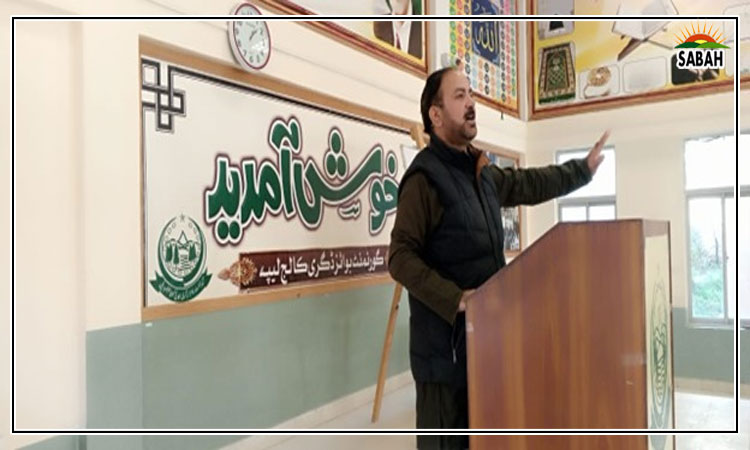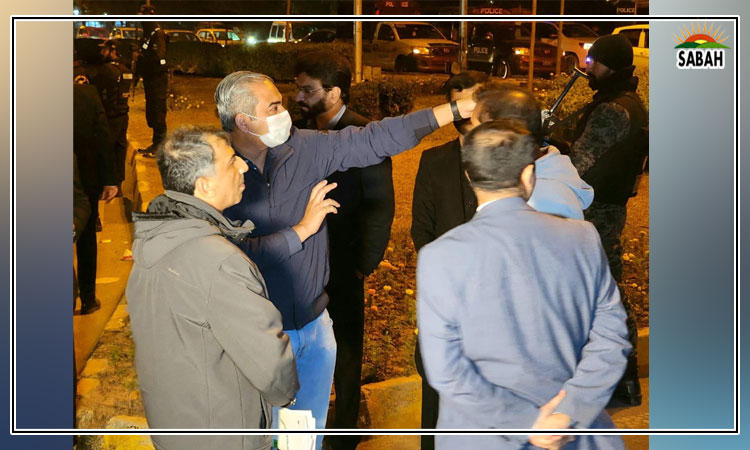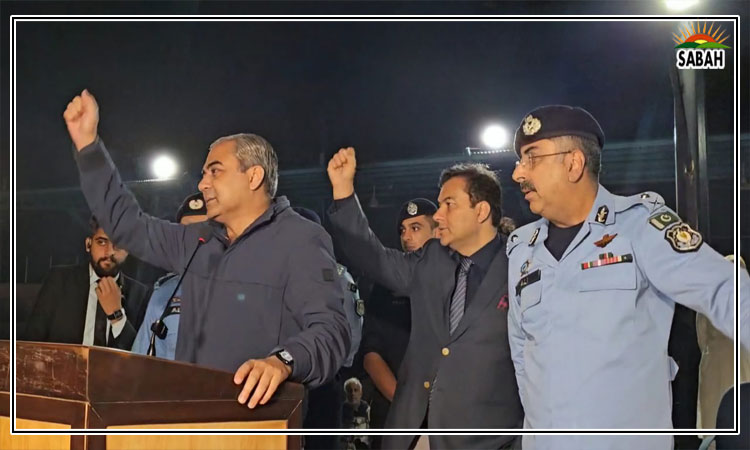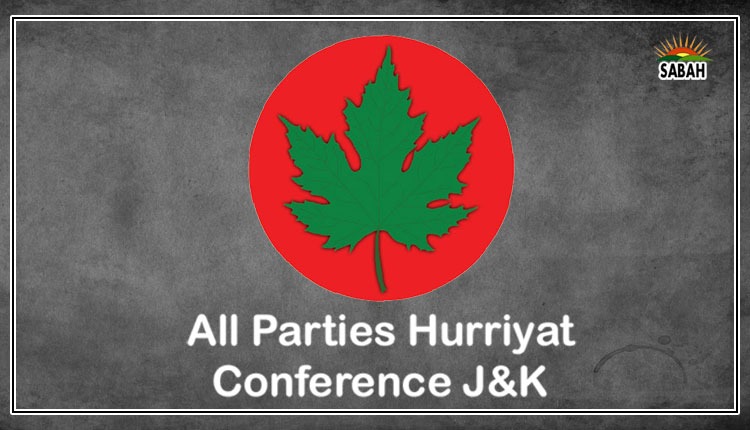Logistics of conducting exams via third party…Prof Dr Irfan Ahmed Rind
Recently, the government decided to hire a third party to conduct secondary and higher secondary examinations in Sindh. This decision poses several complications. The issues of quality were discussed in my previous article. Here, anticipated logistics issues are highlighted.
In 2016, a study on the quality of BISE examinations was conducted by Sukkur IBA, the findings of which were presented to the Chief Minister of Sindh. Subsequently, in 2017, Sukkur IBA was tasked with leading a Performance Audit of one of the BISEs, the results of which were also presented to the CM. Following are a few findings of the audit that have implications for conducting examination via a third party.
Over half a million candidates appear in secondary and higher secondary examinations at Sukkur, Larkana, Shaheed Benaziabad, Mirpurkhas and Karachi BISEs every year. Each BISE declares local schools as examination centres and the head of school as internal supervisor with an external supervisor. As there is no criterion for appointment of external supervisors, it is done by unions like GASTA, SPLA, and/or BISE staff union.
Designated BISE officials print papers and personally deliver them at nearby centres on the examination day; however, for far-flung centres, the papers are dispatched to nearby banks to be collected by external supervisors. Yet, some external supervisors have reported being overpowered by locals, including internal supervisors, leading to paper leaks. Others leak papers to retain the favours of their nominating bodies. The BISE expects support from local police but doesnt provide them additional remuneration, leading to their reduced involvement. Reports suggest that police rather support culprits who use school guards and peons to provide solved papers to candidates for cheating.
Another complication is assessing and grading copies. Once the copies are collected, the BISE extends an invitation to government teachers to participate in the copy-checking process, which takes place in large halls. Each teacher is allocated three bundles of 20 copies and is expected to review 60 copies within an 8-hour workday including tea, lunch and prayers breaks, equating to an average time of 36 seconds per item/question. The senior teacher reviews the teachers work and may adjust grades by up to 15 marks. But due to limited time, sufficient quantity of copies is not reviewed. Despite copies being anonymised before being sent to assessors, certain markers left by students on their copies are utilised by assessors to identify these for undue favour. Although only a small group of assessors may be initially involved, they persuade others to join them in locating the relevant copies, thus establishing a community of practices aimed at manipulating the results for their benefit.
The question now is: how will a third party ensure logistics and fairness in examinations? For logistics, large pavilions may be set up at central points in each district for conducting exams under third-party supervision. This approach would have financial implications, requiring either government funding or additional chrages from candidates. Likewise, efficiency and transparency in grading can be ensured by using technology including Optical Mark Recognition machine for MCQs, and software based on NLP algorithms and machine learning techniques to evaluate the extended response questions.
Engaging a third-party to conduct examination may only serve as a temporary solution with no sustainability. No doubt that the proliferation of public-private partnerships has positively contributed to the quality of education in Sindh, but it has also eroded public confidence in the governments capacity to manage its institutions. Our performance audit approach, which employed an anthropological lens rather than a conventional institutional evaluation approach, has revealed the presence of diligent and committed personnel within these BISEs. What they require is a resilient support system. In my view, the government could hire a third-party organisation as a pilot initiative for a limited period, learn from their experiences, and devise a comprehensive development plan to rejuvenate the BISEs for long-term transformation.
Courtesy The Express Tribune












